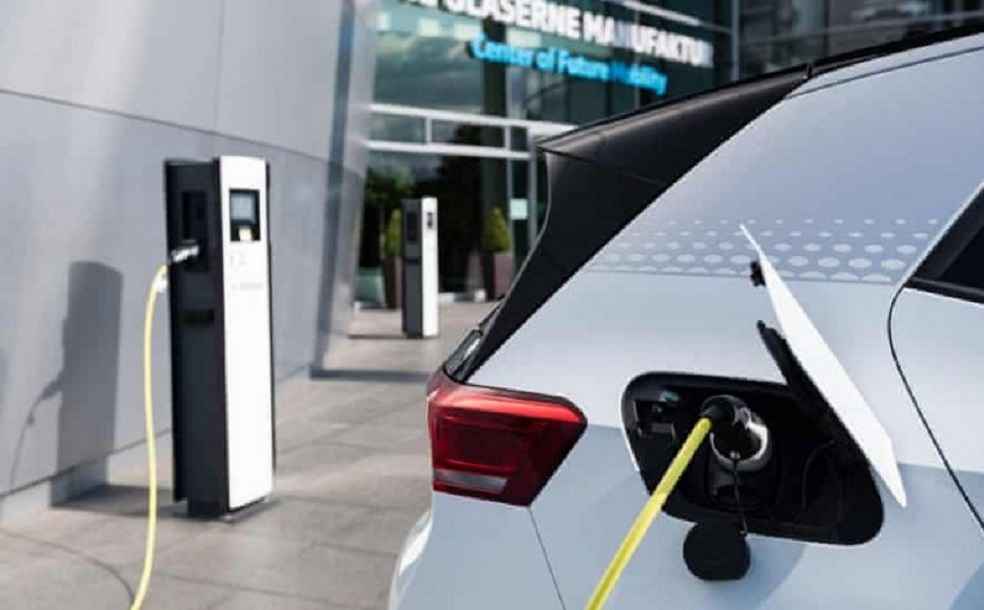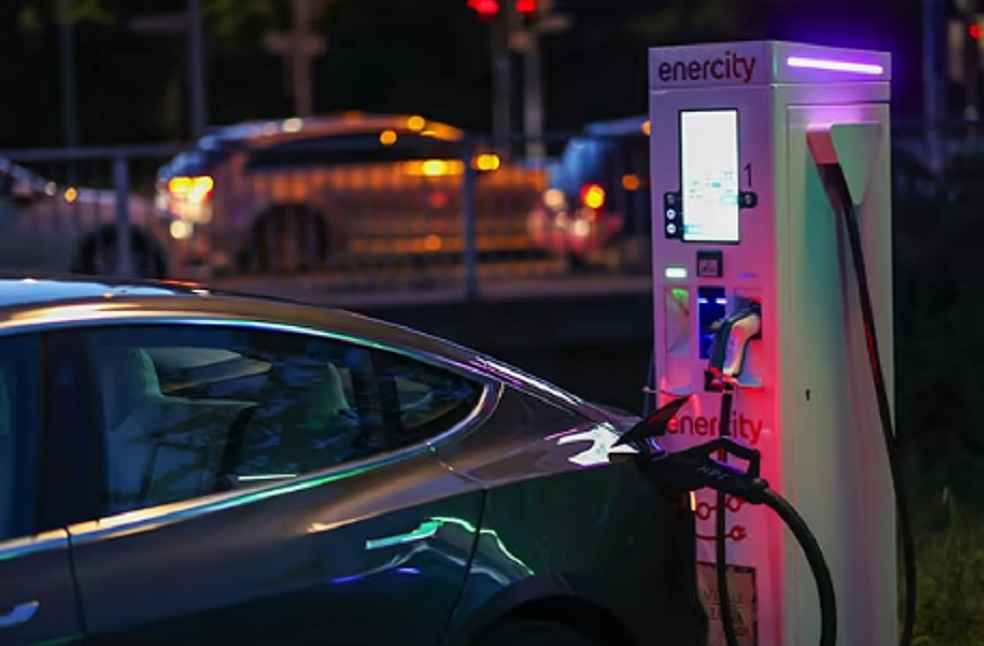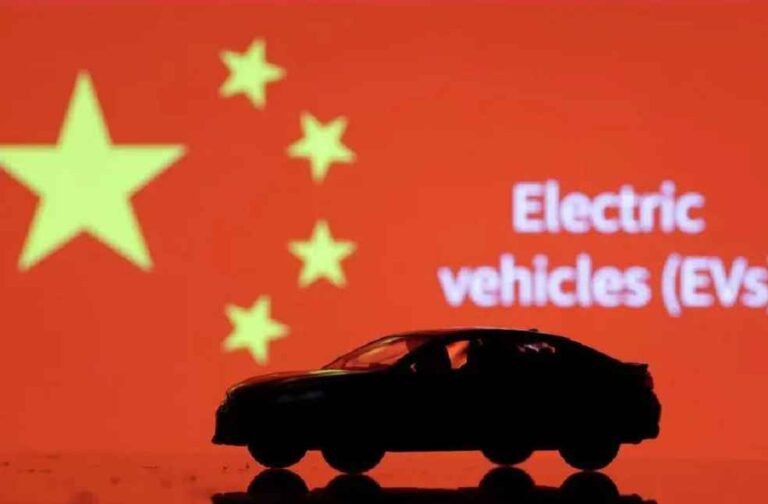China is spearheading environmental sustainability through a strategic initiative that promotes the replacement of older, pollutant-heavy vehicles with new energy vehicles (NEVs) or more fuel-efficient models. Unveiled on Friday, this policy forms part of a comprehensive action plan designed to rejuvenate large-scale equipment and consumer goods markets, thereby stimulating domestic consumption and propelling the nation’s eco-friendly transformation.
The Ministry of Commerce outlined that effective until December 31, 2024, the policy will provide a one-time subsidy to individual consumers. Eligible recipients are those who decommission vehicles conforming to the China III emission standards or earlier, or NEVs registered prior to April 30, 2018. Subsidies amount to 10,000 yuan ($1,378) for replacements with NEVs, and 7,000 yuan for new vehicles with an engine displacement no greater than 2.0 liters.

Experts predict this initiative will catalyze the green overhaul of China’s passenger car market and enhance the growth of the national NEV industry. Wang Peng, Associate Research Fellow at the Beijing Academy of Social Sciences, asserts, “The provision of scrap subsidies not only minimizes the economic loss for car owners but also increases their motivations to scrap old vehicles.” This strategy is poised to expedite the removal of older, high-emission vehicles, significantly diminishing environmental pollution and elevating industry emission standards.
The influence of China’s burgeoning NEV industry on global carbon reduction is increasingly prominent. Data from the National Big Data Alliance of New Energy Vehicles shows that in March 2024 alone, China’s NEVs facilitated a carbon emission reduction exceeding 9 million tons, a robust 43.8 percent increase compared to the previous year. The first quarter of 2024 saw a total carbon reduction of 25.17 million tons, a 52 percent increase over the prior year.

Simultaneously, critiques from the US and some Western nations allege overcapacity within China’s new energy sectors. These criticisms clash with the global imperative for collaborative climate change mitigation efforts. Huang Chengliang, a Research Fellow at the Research Institute for Eco-civilization, Chinese Academy of Social Sciences, critiques the West’s stance as hypocritical, particularly regarding Europe’s simultaneous demands for China’s increased climate change contributions and efforts to stifle its new energy industries.
Addressing these controversies, Wang Wenbin, a spokesperson for China’s Foreign Ministry, highlighted the reciprocal benefits achievable through cooperation in new energy sectors between China and Europe. His remarks followed German Foreign Minister Annalena Baerbock’s appeal for China to amplify its support for developing nations combating climate change.
As the global community grapples with the urgent challenge of climate change, China’s innovative trade-in policy underscores the vital interplay between national initiatives and international cooperation in sculpting a sustainable future.
IMEX SECTOR | Japan Tightens Export Rules on Semiconductor, Quantum Tech for Global Security



